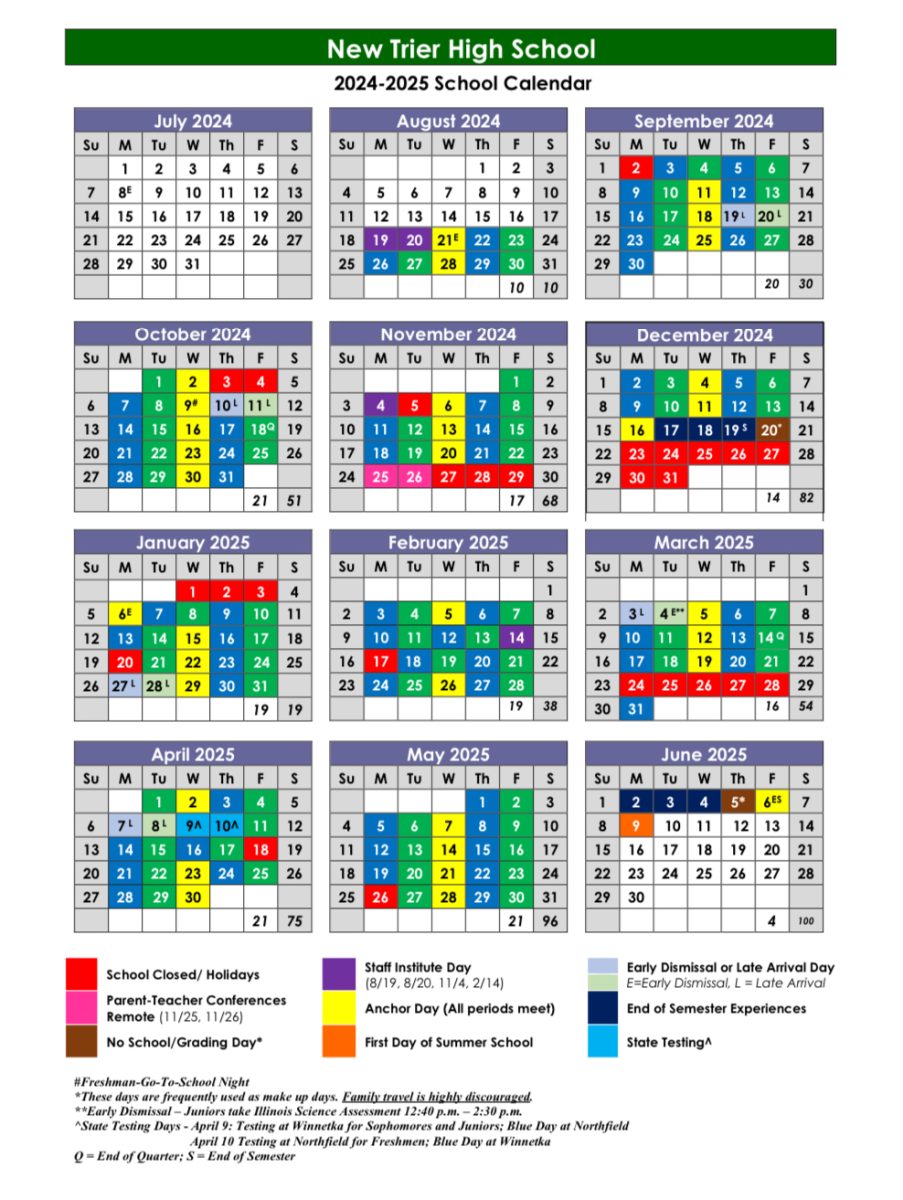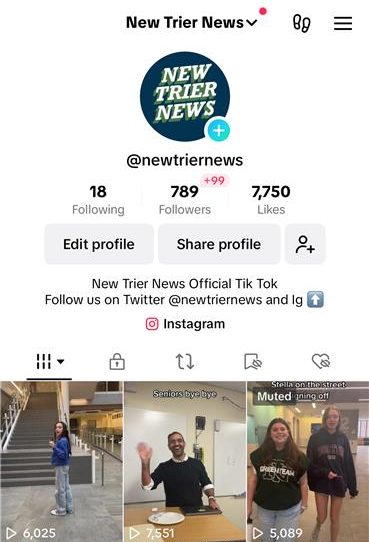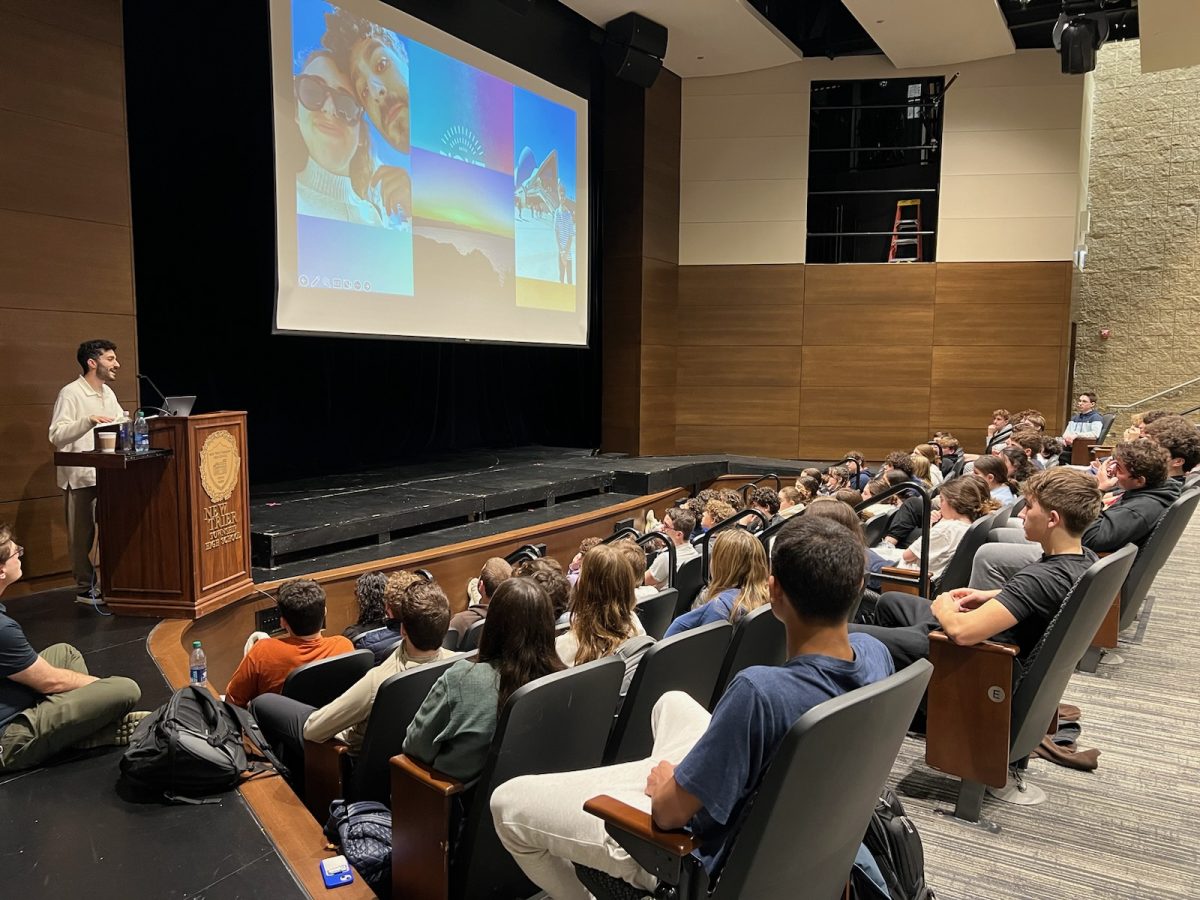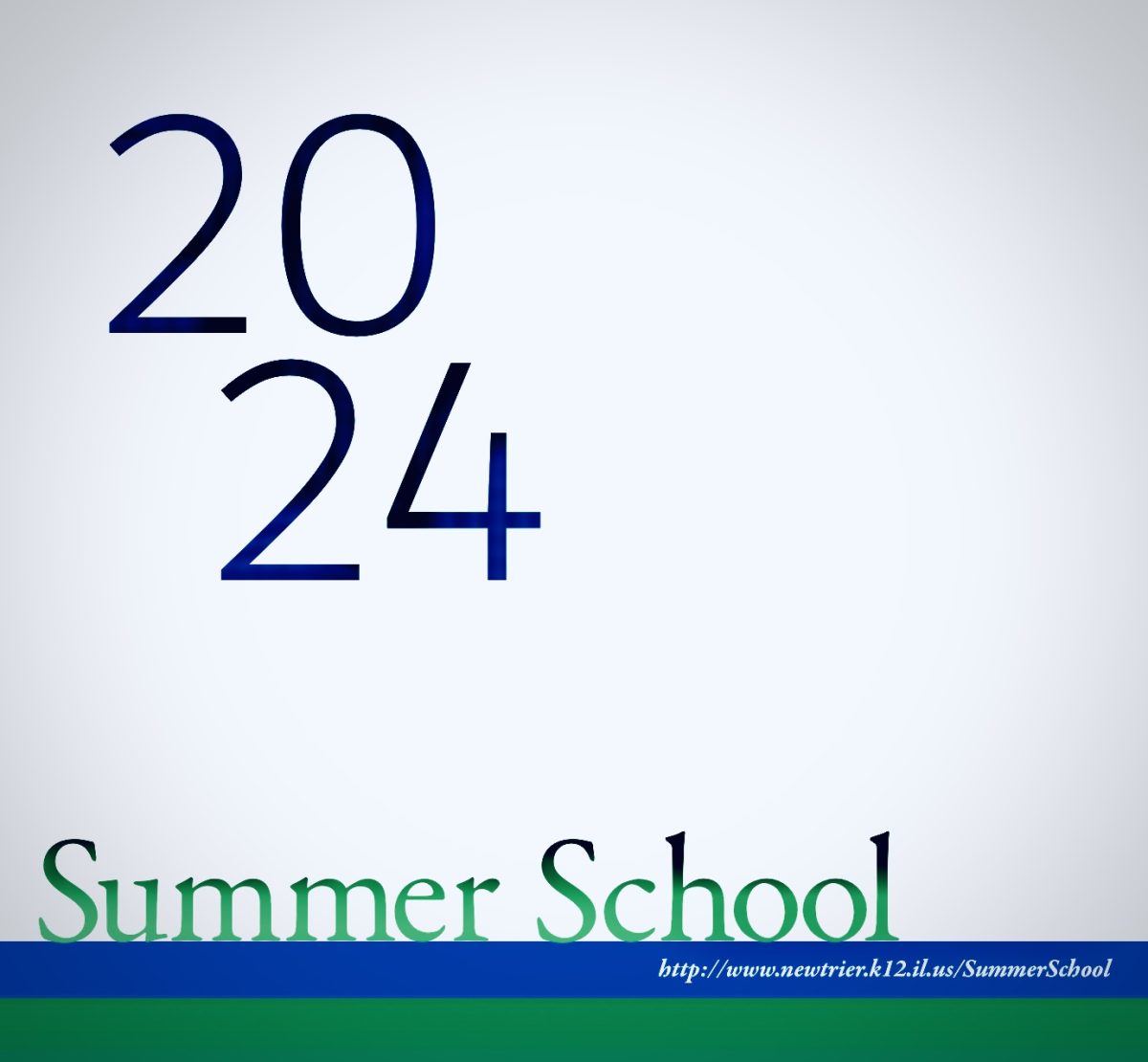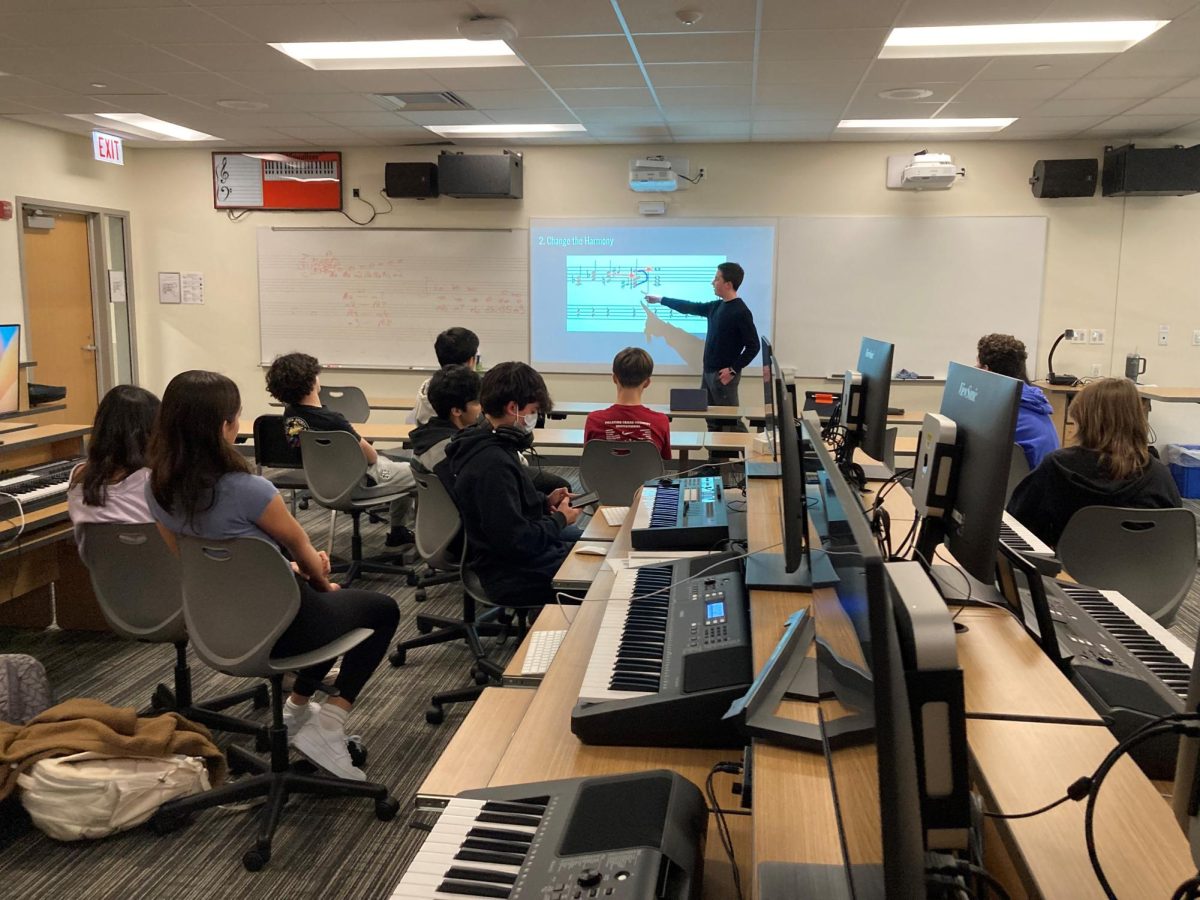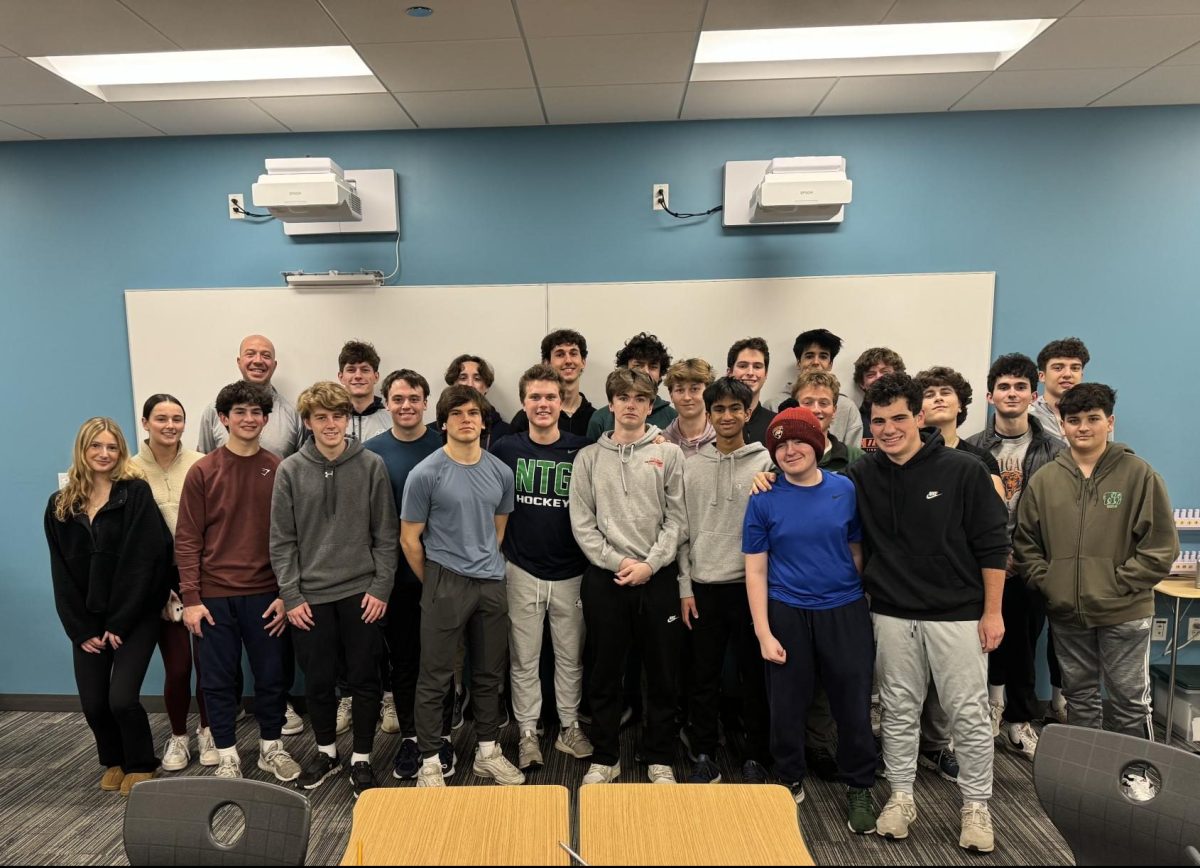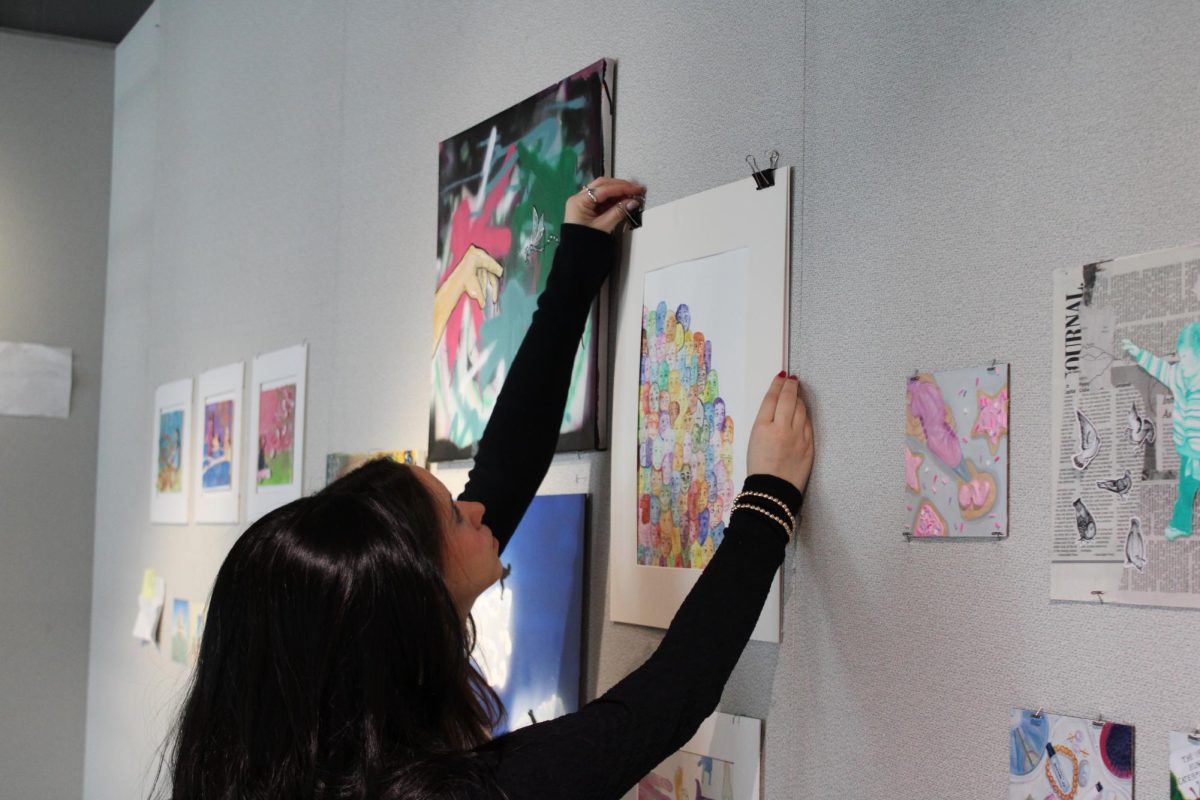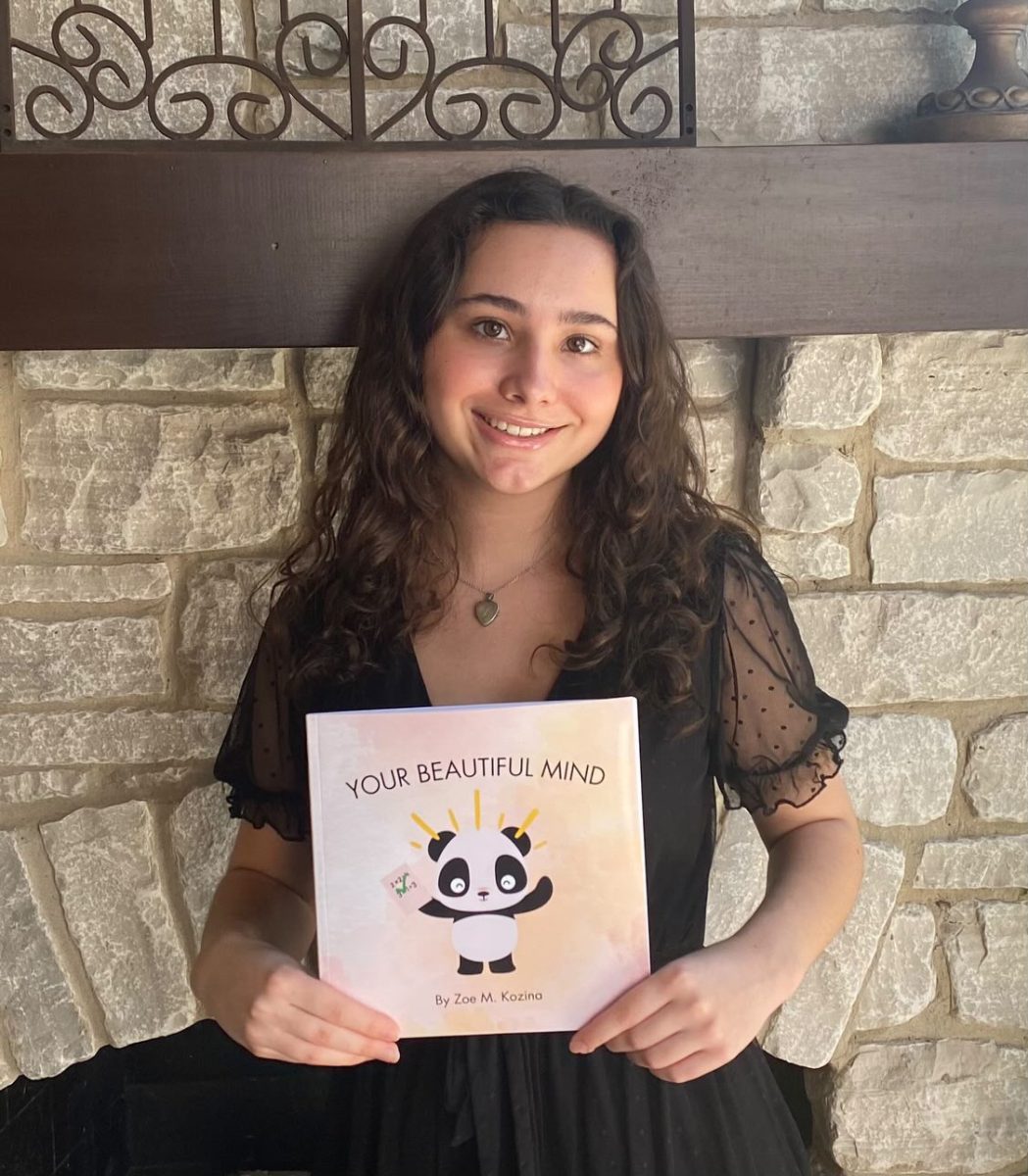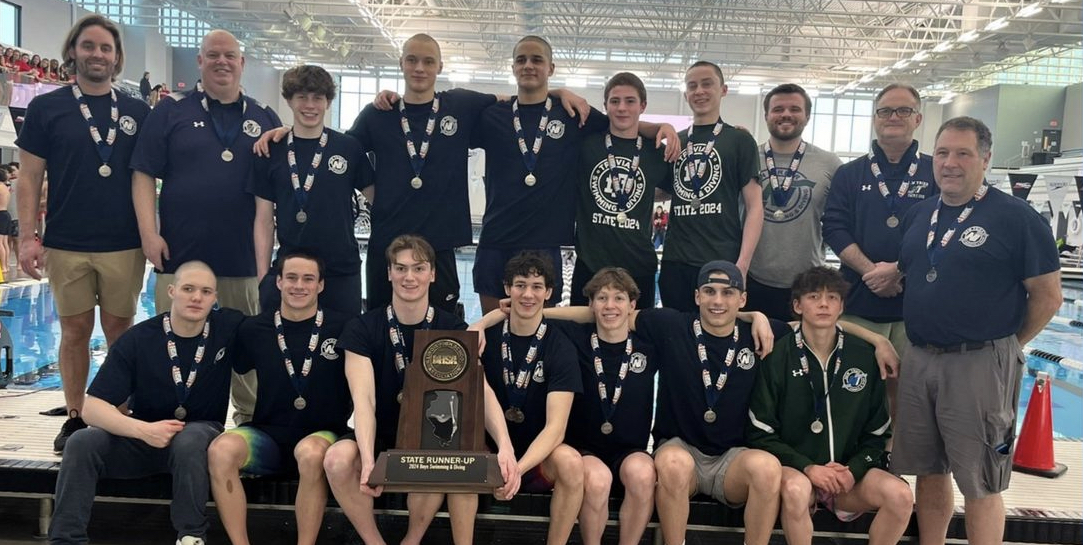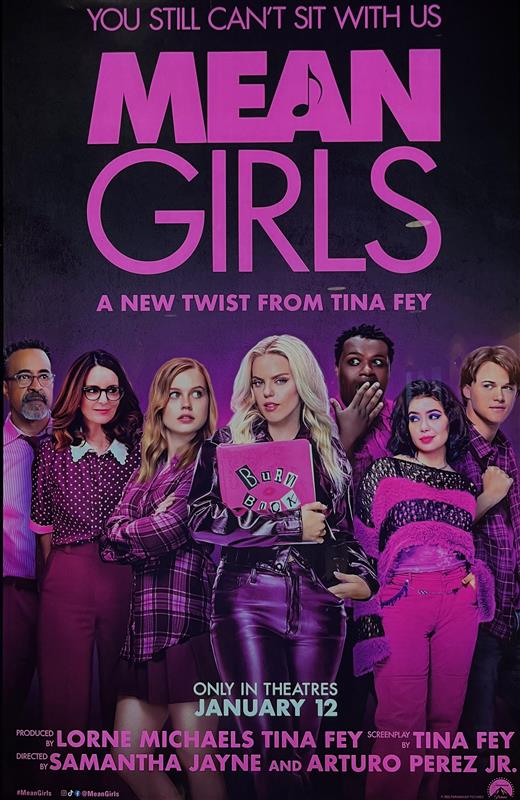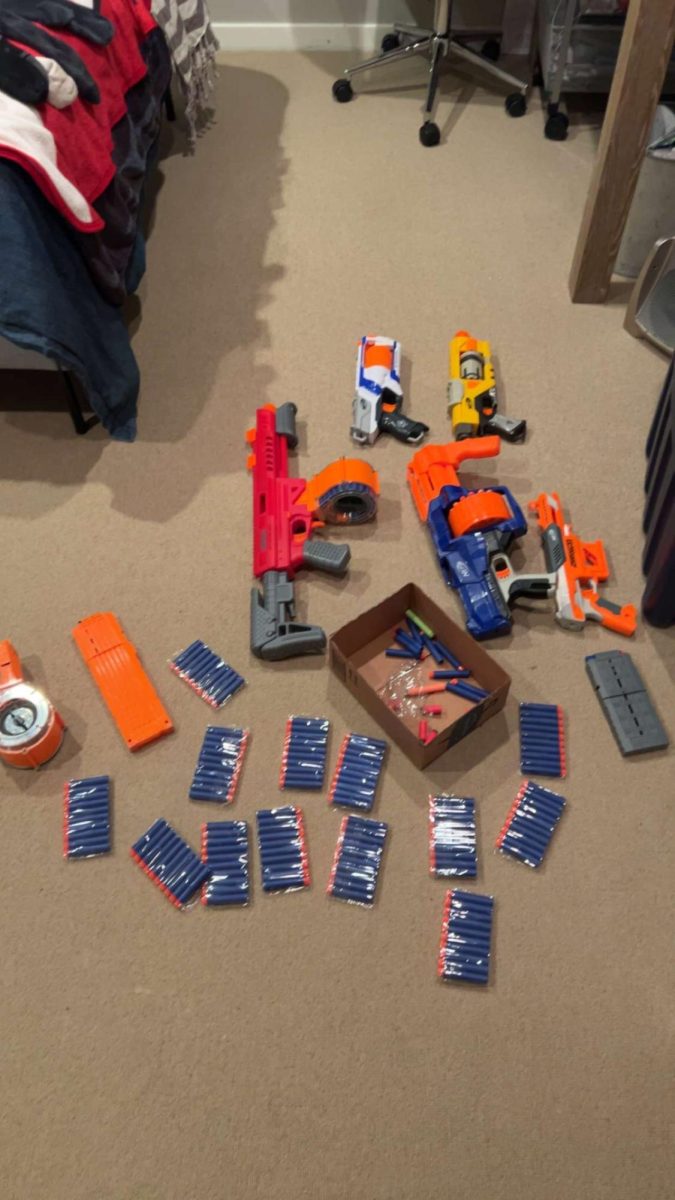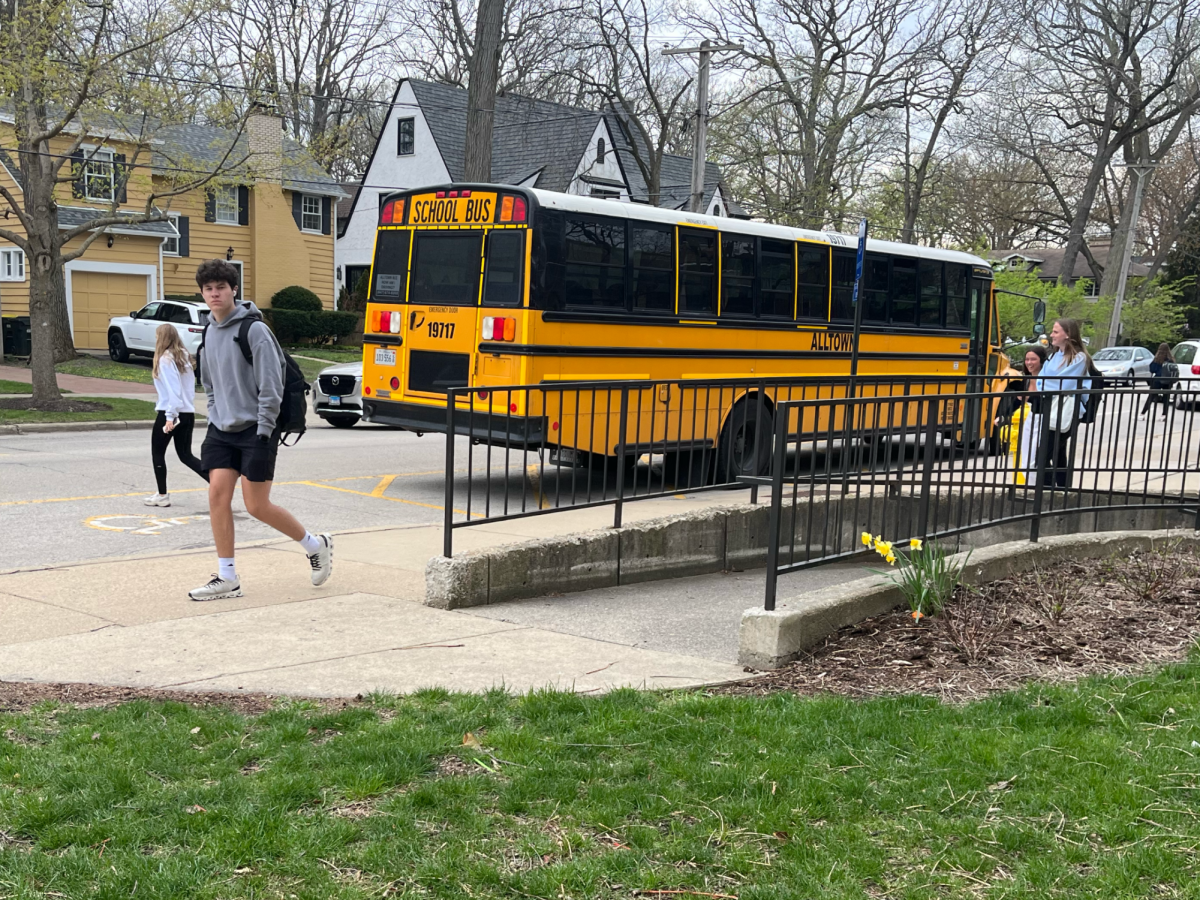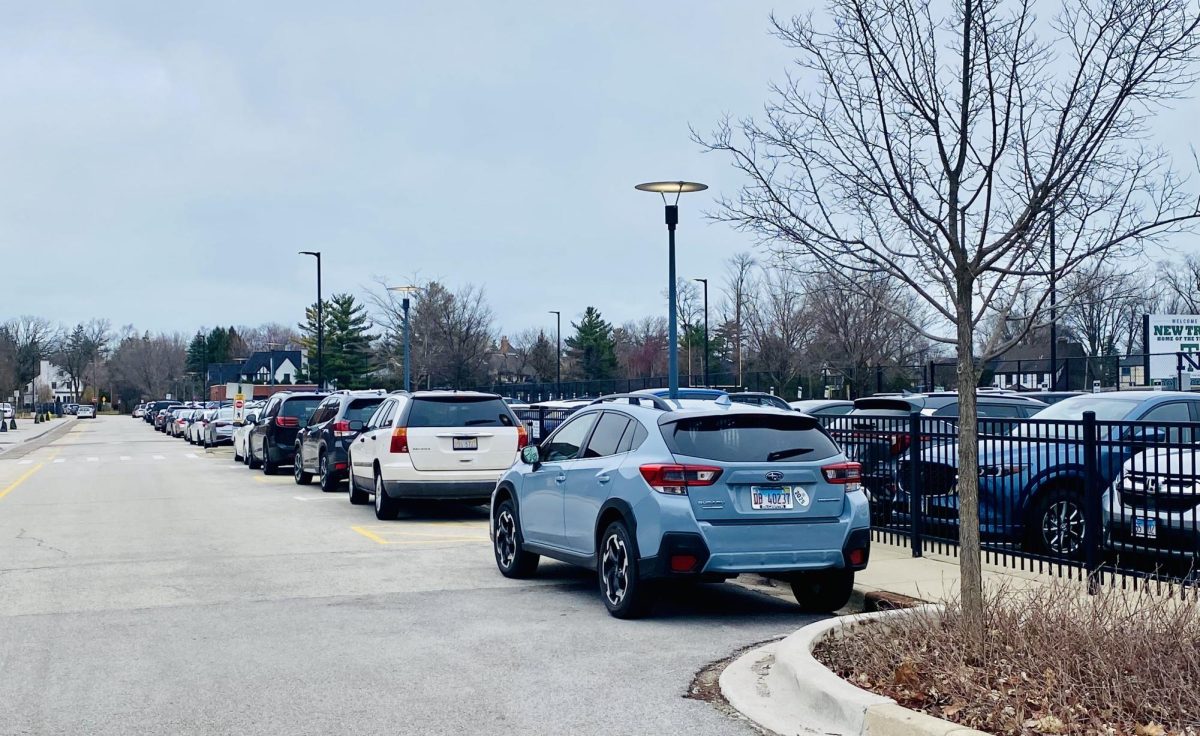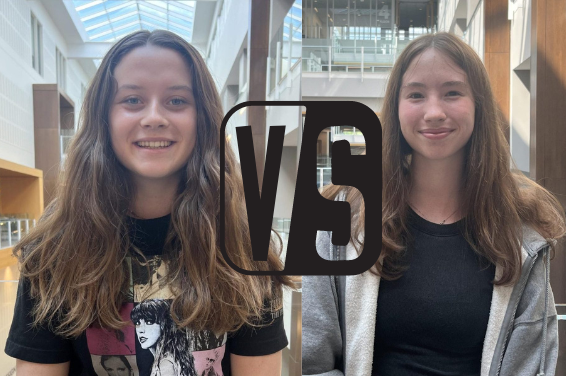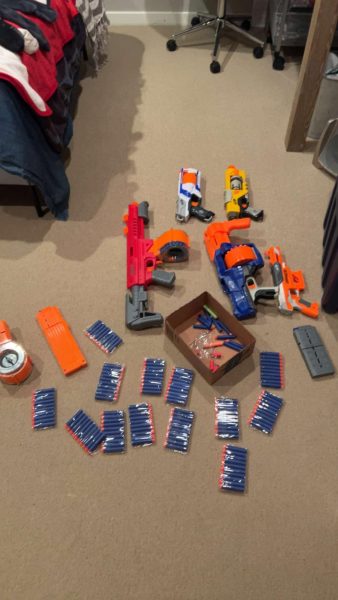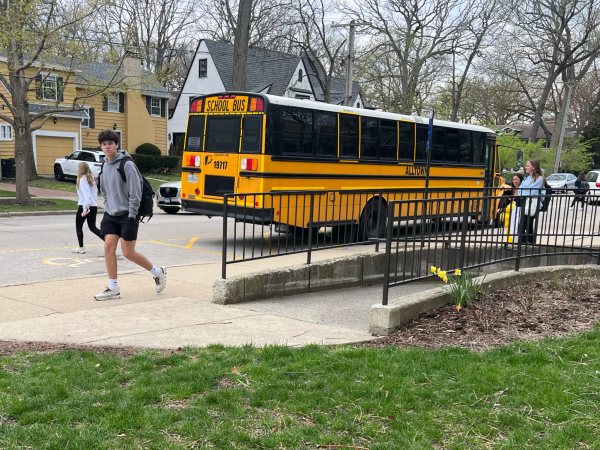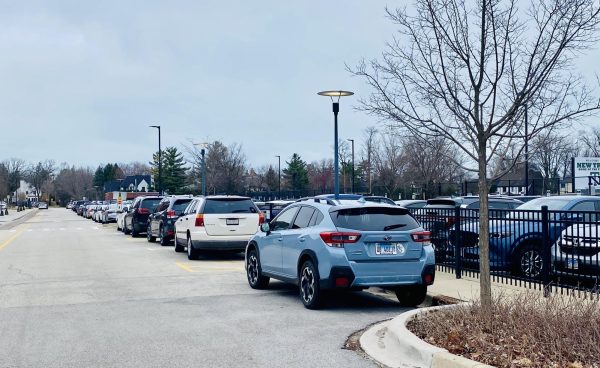Staff Editorial: Lack of Conversation on 9/11
9/11 still warrants a discussion
On September 11 this year, it seemed as if everyone talked about everything except 9/11.
The conversation used to be initiated by our teachers in middle school. They’d talk about what they were doing when they found out about the deadly terrorist attack, show a video of the towers falling, or present us with an article or two about lesser known parts of the event, like the usage of private boats to evacuate the island.
So how come ever since we’ve become high school students, there are seldom discussions about 9/11 anymore in school?
Our generation was just toddlers, or not even born in 2001 during the attacks; the majority of students here at NT have no direct personal connection to 9/11. This distance naturally makes the event easier to forget or not emphasize—but everyone is still affected by it to this day.
The terrorist attack prompted the US to invade Afghanistan on a mission to stop al-Qaeda, a war that continues. Today, immigration and travel restrictions have heightened, particularly with the recent ban on refugees from certain Muslim countries.
Unlike certain isolated terror attacks, 9/11 became a matter of national importance immediately. There were attacks across the US and national security rose to the spotlight in political campaigns, where it remains.
We are living in the aftermath of 9/11, even if we don’t realize it. As time passes, it is even more important that we continue to have discussions regarding the lasting effects of this event.
It is part of a school’s job to turn students into responsible citizens of a democracy. This involves more than just teaching the Pythagorean theorem or the conjugation of Spanish verbs. Teachers and advisers and even students should prompt these discussions because the more we carry on like nothing happened, the more we forget something ever did happen. But September 11 changed and continues to change the world for all of us.
Most days of commemoration are for positive events, but it’s important to remember the bad times too. Learning the history, both the good and the bad, is essential to informing future voters. Only by studying and discussing the harrowing times of our past can we enact positive change in the future.
So next year around this time, we urge faculty and students to take just five minutes out of their day to have a discussion about 9/11, because to be informed and to be critical is our duty as students and as citizens. 9/11 is the history that we are living through.

